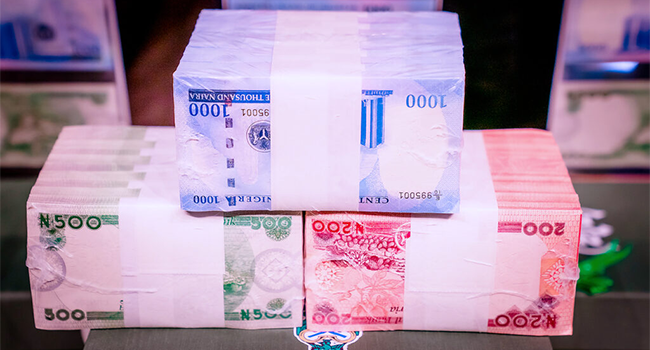The Nigerian Naira has emerged as one of the weakest-performing currencies in sub-Saharan Africa by the end of August 2024, according to the latest Africa’s Pulse report published by the World Bank.
The report highlights that the Naira’s poor performance is comparable to that of the Ethiopian Birr and the South Sudanese Pound, which have also recorded significant declines in the region.
The World Bank attributed the depreciation of the Naira to a sharp increase in the demand for US dollars, coupled with limited inflows of foreign currency.
This demand surge has been driven by various financial institutions, asset managers, and other market participants, including non-financial users, seeking to secure dollars through the parallel market.
Meanwhile, slow foreign exchange disbursements by Nigeria’s central bank to currency exchange operators have further exacerbated the situation, limiting access to foreign exchange and contributing to the Naira’s downward spiral.
The report noted that, as of August 2024, the Naira had lost approximately 43 percent of its value since the beginning of the year.
This sharp decline places it among the worst-performing currencies across the region.
Both the Ethiopian Birr and the South Sudanese Pound have also experienced similar trajectories, reflecting widespread challenges with currency stability in several African economies.
The Naira’s struggle deepened toward the end of August, as it continued to lose ground against the US dollar.
On Tuesday, the currency weakened significantly, trading at ₦1,658.97 per dollar, compared to ₦1,552.92 per dollar on Monday. The report underscores that the continuous depreciation has resulted from pressures in the parallel market, where dollar demand remains strong despite limited supply.
In addition to market dynamics, the depreciation reflects broader structural issues in the Nigerian economy, including foreign exchange management challenges, inflationary pressures, and a lack of sufficient foreign investments to support the currency.
With limited dollar inflows and ongoing delays in the central bank’s foreign exchange interventions, the Naira remains under severe pressure.
This trend raises concerns over Nigeria’s economic stability and highlights the need for comprehensive policy measures to restore confidence in the local currency.

